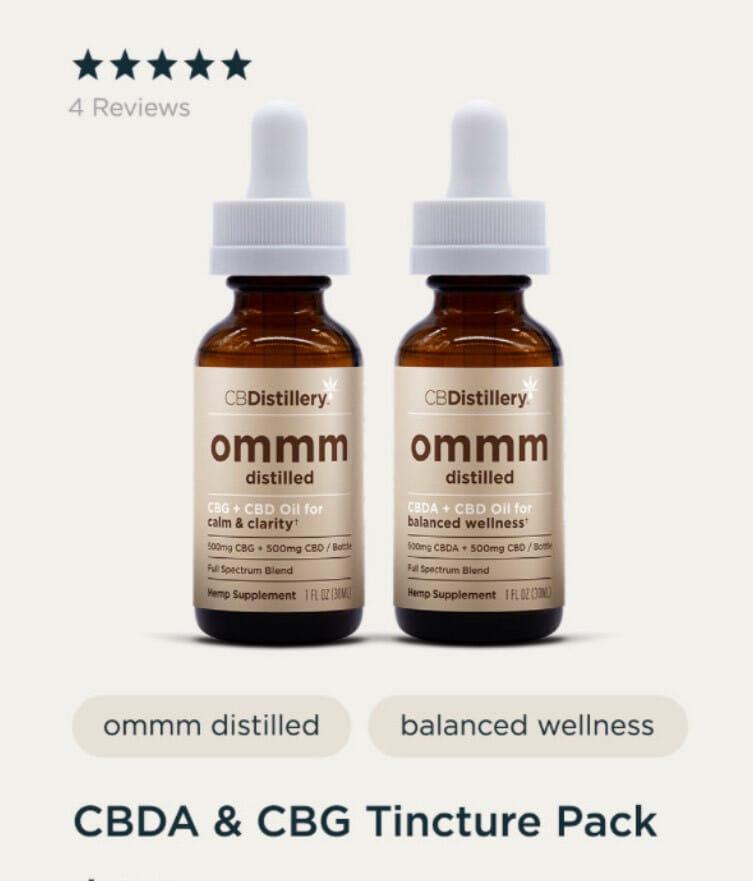
Unveiling the Science
How Cannabis Interacts with Your Brain
Hey there, fellow Stoners! I'm thrilled to dive deep into the fascinating world of how cannabis interacts with our brains to bring about that ultimate ChillTime we all crave. As someone who has always been curious about the science behind the effects of cannabis, I've embarked on a journey of exploration to uncover the mysteries behind its calming influence. So, join me as we unravel the intricate mechanisms at play when we indulge in this beloved herb.
Understanding the Basics: How Cannabis Works in the Brain
Before we delve into the relaxation aspect, let's take a moment to understand the basics of how cannabis interacts with our brain. The key players here are cannabinoids, the chemical compounds found in cannabis. Among these, tetrahydrocannabinol (THC) and cannabidiol (CBD) are the most well-known.
THC is primarily responsible for the psychoactive effects of cannabis, including euphoria and relaxation. It does this by binding to cannabinoid receptors in the brain, specifically CB1 receptors, which are abundant in regions associated with mood, memory, and pleasure.
On the other hand, CBD doesn't directly bind to these receptors but can modulate their activity. It's believed to counteract some of the effects of THC, providing a more balanced experience and potentially enhancing relaxation without the intense high.
The Entourage Effect: How Different Compounds Work Together
One of the most intriguing aspects of cannabis is something called the entourage effect. This concept suggests that the various compounds in the plant, including cannabinoids, terpenes, and flavonoids, work synergistically to produce a more profound effect than any single compound alone.
For example, certain terpenes like myrcene and linalool have been found to have sedative properties, enhancing the relaxation-inducing effects of THC. Similarly, flavonoids such as quercetin may have neuroprotective and anti-inflammatory properties, contributing to the overall therapeutic potential of cannabis.
The entourage effect highlights the importance of whole-plant medicine and the complexity of cannabis' interactions with the human body. By harnessing the power of these diverse compounds, we can potentially unlock even greater benefits for relaxation and well-being.
Stress Relief: Cannabis as a Natural Relaxant
Now, let's get to the heart of the matter: how cannabis promotes relaxation and helps us unwind after a long day. It all boils down to its effects on the stress response system in the brain.
When we encounter stress, our bodies release hormones like cortisol, triggering the "fight or flight" response. While this response is essential for survival in threatening situations, chronic stress can take a toll on our physical and mental health.
Enter cannabis. Studies have shown that THC can reduce the release of stress hormones, thereby dampening the stress response. This can lead to feelings of relaxation and calmness, allowing us to unwind and de-stress more effectively.
CBD also plays a role in stress relief, albeit through different mechanisms. It has been found to modulate the activity of neurotransmitters involved in anxiety, such as serotonin and GABA, potentially reducing feelings of anxiousness and promoting relaxation.
Moreover, cannabis' ability to enhance mood and induce euphoria can further contribute to its stress-relieving effects. By lifting our spirits and promoting a sense of well-being, cannabis helps us navigate life's challenges with greater ease.
Optimizing Your Experience: Tips for Achieving Maximum Relaxation
Now that we understand the science behind cannabis' relaxation-inducing effects, let's discuss some practical tips for optimizing your experience:
Choose the Right Strain: Different cannabis strains contain varying levels of cannabinoids and terpenes, each with its own unique effects. If relaxation is your goal, look for strains high in THC and relaxing terpenes like myrcene and linalool.
Practice Moderation: While cannabis can be a powerful tool for relaxation, it's essential to use it responsibly. Start with a low dose and gradually increase as needed to avoid overconsumption and potential adverse effects.
Consider Your Environment: The setting in which you consume cannabis can significantly impact your experience. Create a comfortable and stress-free environment, whether it's a cozy corner of your home or a peaceful outdoor retreat.
Mindfulness and Intention: Approach cannabis consumption with mindfulness and intention, focusing on the present moment and your desired outcome. Whether it's unwinding after a long day or promoting inner peace, set clear intentions for your experience.
In conclusion, the science behind how cannabis interacts with our brains for ultimate relaxation is both fascinating and complex. By understanding the mechanisms at play and implementing practical strategies, we can harness the full potential of this remarkable plant to promote relaxation and well-being in our lives. So, here's to embracing the calming effects of cannabis and finding moments of tranquility in an often hectic world.
#CannabisScience #Relaxation #StressRelief #EntourageEffect #Mindfulness #CannabisCommunity




